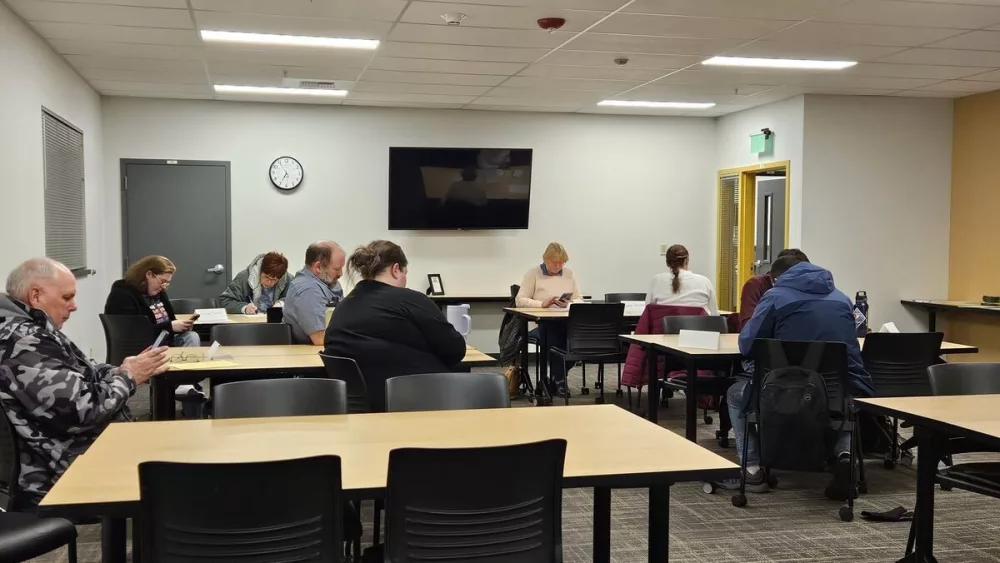(The Center Square) – U.S. Rep. Cathy McMorris Rodgers, R-Wash., is seeking to pass federal legislation that would set new standards for athlete deal-making rights in collegiate sports.
During a hearing in the House of Representatives this week, McMorris Rodgers lamented the lack of clarity in the current name, image and likeness (NIL) landscape for college athletes. NIL refers to regulations that allow for college athletes to earn compensation by promoting products or services.
She suggested Congress take a proactive stance to “provide transparency” on the matter, arguing student athletes would benefit from a “clear set of uniform rules and protections.” The Spokane Republican said the “current patchwork of state laws” regarding NIL has been confusing for student athletes and universities. The lack of regulation surrounding NIL has also left student athletes vulnerable to exploitation and predatory deals, she said.
“I recently heard about a draft NIL agreement with a collective which agreed to pay an athlete $1.5 million over two years. Hidden in the fine print was a provision which allowed the collective ‘from time to time’ to ask for repayment of that money plus a 10 percent interest for commission and expenses,” McMorris Rodgers said.
“These provisions applied even if that agreement were to be terminated. This behavior is abhorrent, predatory and is exactly what we are trying to prevent with this legislation,” she added.
The congresswoman emphasized the importance of regulating NIL deals through federal legislation, asserting that such actions will protect student athletes from fraudsters and allow them to focus on honing their craft.
“With one national standard, we can shield student athletes from such bad actors, provide transparency into the evolving NIL marketplace, and allow athletes to focus on succeeding on the field and in the classroom,” McMorris Rodgers said.
She warned that popular proposals could do more harm than good.
“Some proposals currently being discussed, along with the uncertainty created by a patchwork of state laws, jeopardize these opportunities for young people and could prevent them from accessing a college degree program,” McMorris Rodgers said.
Revenue-sharing, a popular proposal that has gained momentum in recent months, could result in the elimination of some college sports programs or scholarships due to a decline in athletic department revenue, according to Sports Business Journal.
“These collegiate athletes are more than just athletes—they are students, small business owners, podcasters, entrepreneurs, and more. They deserve clear guidelines and transparency,” McMorris Rodgers said.





